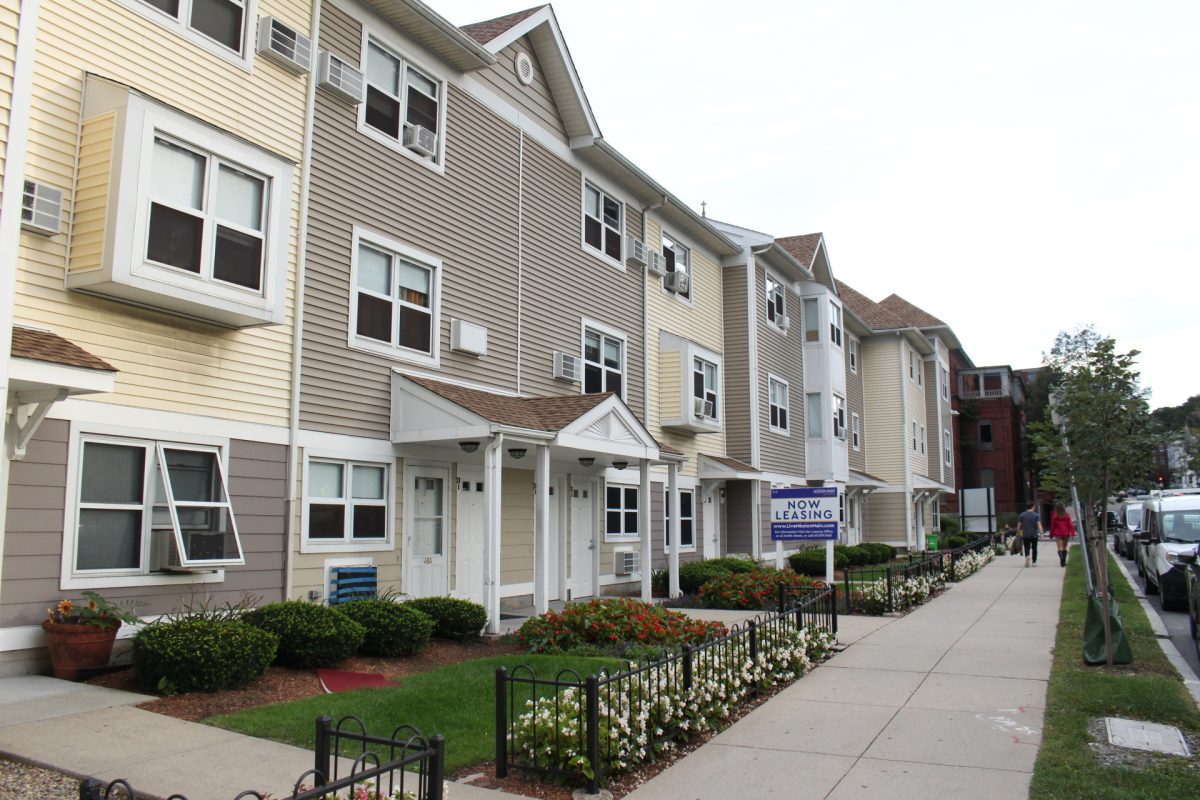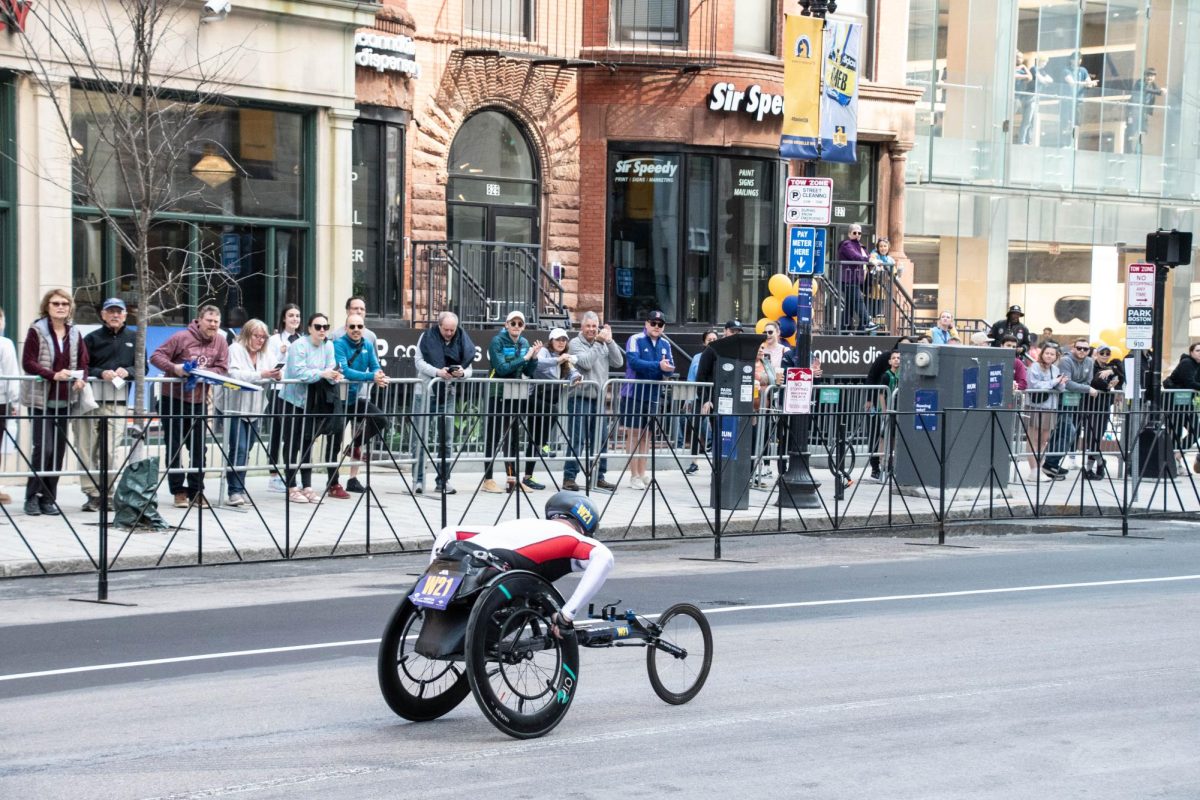By Sarah Moomaw
The City of Boston could soon become the recipient of a new high speed broadband service provided by Google called Google Fiber, pending an application submitted on behald of the City of Boston.
Google Fiber is Google’s latest innovative idea to bring the Internet to a new level. Google Fiber will bring Internet bandwidth speeds of up to a gigabyte per second directly into homes and businesses, nearly 100 times faster than what is available today, according to a press release from Mayor Thomas Menino’s office.
“Boston has a long history of innovation. From our nation’s first public schools and public libraries to modern advances in medicine and technology, Boston has a track record of launching ideas that change the world,” said Menino in a press release March 26.
“As Google’s partner, Boston is ready to quickly and efficiently implement this innovative concept and then push this new infrastructure to its limits.”
On March 26, the final day to submit applications, Mayor Thomas M. Menino and city officials filed the official paperwork to become a test pilot city.
Cities were nominated through Google’s website by government officials and community members. Google’s decision, whether it’s one city or many, will not be released until later this year.
Boston is among 1100 cities lobbying for a chance to be the next technology innovation hub. All 1100 cities have filled out the same paperwork stating why they want Google Fiber.
By submitting the application, the City of Boston declared itself “Google Ready,” meaning that “the fiber optics are there and are ready for use. It’s just a matter of Google coming in and using them,” said Christopher Loh, a press assistant with the city of Boston. Real timelines of how Google plans to implement this new technology, to whom and in what capacity, remain unknown to the public.
When winning cities are chosen and all the necessary work is complete to roll out the “new” Internet, Google would be the next major player in the Internet service provider (ISP) industry. They pride themselves on being able to offer competitive pricing for a better quality experience online.
Additionally, they plan to reach even more customers as they bundle themselves with exists ISPs, with an “open network policy.”
“We will allow third parties to offer their own Internet access services, or other services, using our network,” said Minnie Ingersoll, product manager on Google’s alternative access team. “We believe this approach will maximize user choice as well as spur greater innovation and competition.”
Loh said he feels the competition in Boston’s current ISP market has gotten out of hand and that a new player will make all the difference.
“There are lots of inner-city Boston residents that cannot afford the subscription fees for the triple-play service [from Verizon and Comcast],” Loh said. “By introducing new players into the high-end [ISP] market, there will be more competition that will drive the price point down.”
The application sent into Google by city officials stressed the points that some of the most prominent innovations, like public schools and libraries, have originated in Boston.
Loh said he believes that Boston’s young residents will be able to figure out what to do with a gigabyte of bandwidth, allowing Boston as a city to reach a technological level to that of Shanghai and Tokyo. He said that no one, not even those at Google, know what could come once the service is released.
What is known is that this advancement within the ISP and technology world will pave the way for major developments in every other industry.
The city of Boston said in the official press release that they would it would implement Google Fiber in the Longwood Medical Area and college campus across the metropolitan area as part of OpportunityHub, a program designed to connect the city’s most cutting-edge neighborhoods, putting the latest technology in the most innovative hands.
Boston’s Facebook campaign, “Bring Google to Boston,” has just a little more than 200 fans. Meanwhile, “Bring Google to Omaha-Council Bluffs” in Nebraska has a little more than 5,300 Facebook fans.













